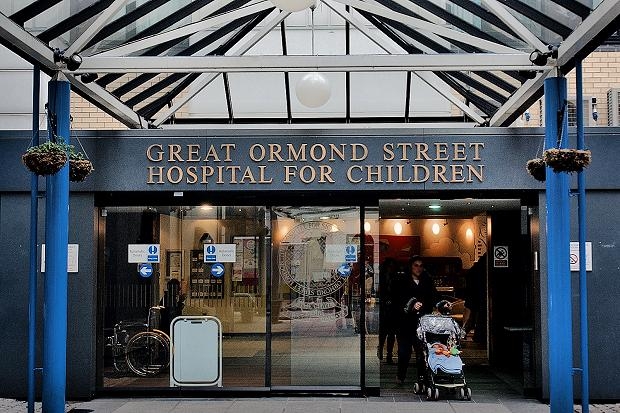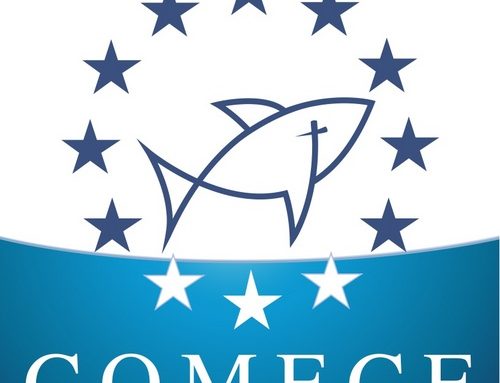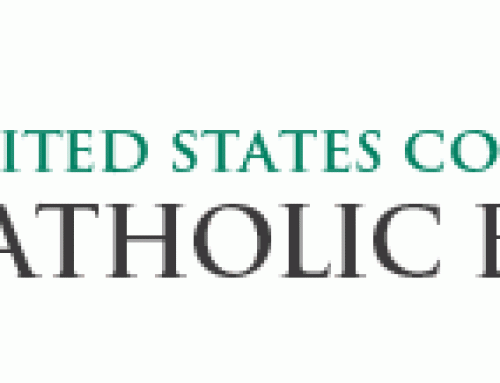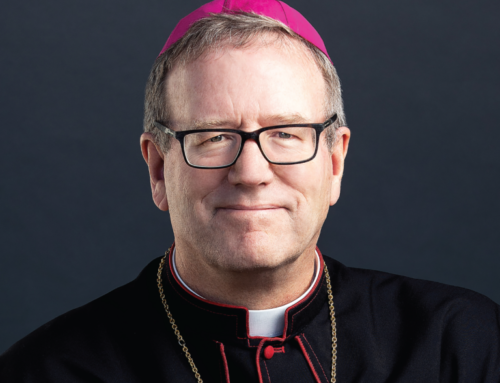Baby Charlie Gard: Final Ruling
28/06/2017 12:00 pm
A spokesperson from the Catholic Church of England and Wales speaks on the latest and final ruling on the case of the life-saving treatment of baby Charlie Gard.
“The decision made today by the European Court of Human Rights definitively ruling that baby Charlie Gard cannot undergo any further treatment is heartrending, most particularly for his parents and family.
“In this difficult case, all sides have sought to act with integrity and for Charlie’s good as they see it. Understandably, Charlie’s parents wish to do everything to save and improve Charlie’s life. We hope and pray that in the wake of this decision, they are able as a family to find peace over the coming days and weeks. We also encourage the Catholic community to pray for Charlie, his parents, and all those that have been caring for him.
“Sadly, prolonged terminal illness is part of the human condition. We should never act with the deliberate intention to end a human life, including the removal of nutrition and hydration so that death might be achieved. We do, sometimes, however, have to recognise the limitations of what can be done, while always acting humanely in the service of the sick person until the time of natural death occurs.”
Related
catholicnews.org.uk/statement-charlie-gard-treatment
Statement from Archbishop Peter Smith regarding the medical treatment of baby Charlie Gard.
…………………………
Statement by the Pontifical Academy for Life
We feel close to him, to his mother, his father, and all those who have cared for him and struggled together with him until now. For them, and for those who are called to decide their future, we raise to the Lord of Life our prayers, knowing that “in the Lord our labor will not be in vain.” (1 Cor. 15:58)
The Catholic Bishops’ Conference of England and Wales issued a statement today that recognizes above all the complexity of the situation, the heartrending pain of the parents, and the efforts of so many to determine what is best for Charlie. The Bishops’ statement also reaffirms that “we should never act with the deliberate intention to end a human life, including the removal of nutrition and hydration, so that death might be achieved” but that “we do, sometimes, however, have to recognize the limitations of what can be done, while always acting humanely in the service of the sick person until the time of natural death occurs.”
The proper question to be raised in this and in any other unfortunately similar case is this: what are the best interests of the patient? We must do what advances the health of the patient, but we must also accept the limits of medicine and, as stated in paragraph 65 of the Encyclical Evangelium Vitae, avoid aggressive medical procedures that are disproportionate to any expected results or excessively burdensome to the patient or the family. Likewise, the wishes of parents must heard and respected, but they too must be helped to understand the unique difficulty of their situation and not be left to face their painful decisions alone. If the relationship between doctor and patient (or parents as in Charlie’s case) is interfered with, everything becomes more difficult and legal action becomes a last resort, with the accompanying risk of ideological or political manipulation, which is always to be avoided, or of media sensationalism, which can be sadly superficial.
Dear Charlie, dear parents Chris Gard and Connie Yates, we are praying for you and with you.
✠ Vincenzo Paglia










http://www.catholicnews.org.uk/Home/News/Baby-Charlie-Gard-Final-Ruling
http://www.academiavita.org/_articles/2019945661-comunication_case_charlie_gard.php